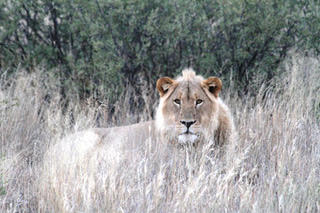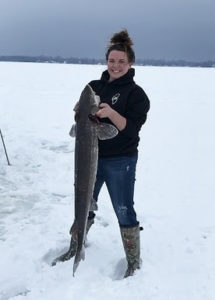Wolf Management Needs Hunters
By Glen Wunderlich
Charter Member Professional Outdoor Media Association (POMA)
The headline read as follows: “Groups ask court to restore protections for gray wolves.” The unsigned piece began with “Wildlife advocates asked a federal court to overturn a decision that stripped ESA protections.” Oh, no! And, to make matters even more threatening, language followed by indicating the toxic Trump administration announced just days ahead of the November 3rd election that wolves were considered recovered. That’s news? It certainly is. Old news.
Before getting into current details – reminiscent of clever, past maneuvers by these “advocates” – a history refresher is in order. America’s lawmakers through a Supreme Court decision established public ownership of wildlife as a matter law. Titled the Public Trust Doctrine, this principle is the very essence and foundation of the North American Model of Wildlife Conservation. It would ultimately expand to link funding of wildlife management to consumptive, public users – principally hunters and anglers.
Gone were the days of no-rules market hunting when animals of various stripes were wiped out. Boone and Crockett Club founder, Theodore Roosevelt, was a strong advocate of science-based decisions that were to be used on our then-dwindling natural resources ultimately called the Roosevelt Doctrine.
The term “wildlife advocate” has since been co-opted by far-left, anti-hunting individuals who steadfastly hold to one underlying motive: to end hunting of any kind. They’ll tug at heartstrings with pictures of puppy-dog wolves and paint hunters as thrill killers devoid of consciousness. Baloney!
Americans learned that the responsibilities guaranteed by the Public Trust Doctrine were too great for proper wildlife management. Once the public realized their wildlife was being eliminated, their collective voice was so great that the conservation legislation being proposed began passing easily. To this day, through excise taxes on guns, ammo, and fishing gear, the spirit thrives.
The slanted piece goes on to state how many wolves – some 4400 of them – reside in Michigan, Wisconsin, and Minnesota, unarguably far above the agreed-upon full-recovery goals. And, it’s been this way many years – over a decade – before Trump declared anything.
Said Lindsay Larris, wildlife program director and current litigator at WildEarth Guardians. “No matter how you try to spin the data, wolves do not even inhabit 20 percent of historic range. This is not true recovery under the Endangered Species Act and a clear violation of the law.” And, that’s their spin on an old yarn resurfacing with their newfound opposition to science.
Ah, but it is recovery, my dear uninformed spin masters. Under the ESA, if it is determined that a species is no longer threatened or endangered throughout all or a significant portion of its range, the U.S Fish and Wildlife Service must publish in the Federal Register a proposed rule to remove the species from the Lists of Endangered and Threatened Wildlife and Plants.
In 1917, the U.S. Circuit Court of Appeals for the D.C. Circuit issued its ruling in the Western Great Lakes wolf lawsuit appeal which claimed that wolves could not be recovered unless they inhabited all of their historic range. Sound familiar?
“This distorted view of the Endangered Species Act is simply emblematic of activists’ view of the ESA as a whole. They view this as a means to enshrine federal protections in perpetuity, as opposed to a tool to help those in need to recover and be returned to state management”, said Evan Heusinkveld, of the Sportsmen’s Alliance. “The court’s ruling that regional delisting is legally possible was a victory for sound, scientific wildlife management and further upholds policy of the Endangered Species Act as an important tool for conservation moving forward.”
The court upheld the Service’s interpretation that the ESA’s definition of “range” refers to “current range” at the time of the listing or delisting decision that is the subject of the case, not “historic range,” as opponents argued and now continue with the same, lame tactics.
History may show where wolves were, but it also shows where people were not. The mere presence of man on the landscape can negatively affect wildlife and the habitats that support them.
And, if anyone thinks that by hunting wolves to control their numbers, is going to wipe them out, just name one single species that falls under the parameters of regulated hunting in which this has happened. I’m waiting.





